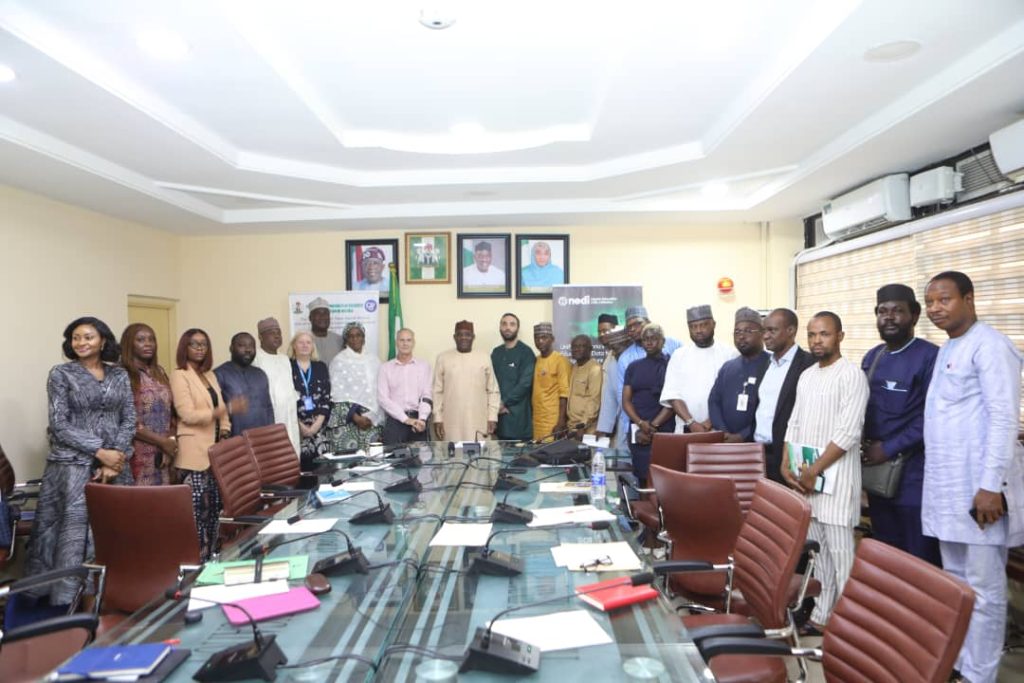Kabiru Haruna
The Minister of Education, Dr. Maruf Olatunji Alausa, has officially inaugurated Nigeria’s first National EdTech Strategy in a joint event between the Federal Ministry of Education and the Federal Ministry of Communication and Digital Economy,with support from international development partners.
Speaking at the event, Dr. Alausa emphasized that this is the first phase of a broader, ambitious digital education plan aligned with President Bola Ahmed Tinubu’s Renewed Hope Agenda.
The strategy aims to expand access to quality education, especially for the country’s large population of out-of-school children and youth, by leveraging educational technology (EdTech).
“This is a big day for our country,” the minister declared. “It marks a national commitment to digital transformation in education, to empower our children and youth with quality learning opportunities and prepare them for the future.”
Dr. Alausa stated that the strategy would help regulate content, establish pathways, and provide a structured framework for digital learning in Nigeria.
“The president believes every child deserves access to high-quality education. This strategy will help us realize that vision by improving teacher capacity, promoting inclusive learning, and producing better students equipped for the digital age,” he said.
The minister also inaugurated a technical working group to implement the EdTech Strategy. The committee’s terms of reference include conducting technical reviews, carrying out contextual analyses, proposing strategic priorities, designing innovative solutions, and contributing to a sustainable framework.
Development partners such as UNESCO, the World Bank, FCDO, and key Nigerian education stakeholders including TETFund, NUC, UBEC, and JAMB, were present at the inauguration. The wide collaboration highlights the multi-sectoral approach to educational reform in Nigeria.
Earlier, the Director of ICT at the Federal Ministry of Education, Mrs. Zainab Abubakar, provided the rationale for the EdTech Strategy. She noted that millions of Nigerian children had been left behind in conventional education systems. The new strategy, she said, would ensure equitable access to digital learning, promote resilient education systems, and develop the digital skills of Nigeria’s youth.
“Technology magnifies both strengths and weaknesses. This strategy will help us harness technology for inclusive, effective learning,” Mrs. Abubakar remarked.
Abubakar Isa, the Special Assistant to the Honourable Minister on EdTech, described the launch as a transformative step rather than a ceremonial event. “It is a bold initiative aimed at salvaging education for future generations,” he said, expressing confidence in the success of the programme under Dr. Alausa’s principled leadership.
The National EdTech Strategy represents a significant step in Nigeria’s education reform efforts and reaffirms the federal government’s commitment to delivering inclusive and future-focused learning opportunities across the country.





